"Communist crimes not equal to Holocaust"
Serbian Orthodox Church (SPC) Bishop Irinej says he is against any equating of the German Nazi crimes with those committed by communists in former Yugoslavia.
Wednesday, 15.12.2010.
14:00

Serbian Orthodox Church (SPC) Bishop Irinej says he is against any equating of the German Nazi crimes with those committed by communists in former Yugoslavia. "Without justifying any execution without a trial, we cannot put an equation sign between that kind of terror and the Holocaust," the SPC dignitary told the Holocaust Seminar at the Assembly of Vojvodina in Novi Sad. "Communist crimes not equal to Holocaust" According to him, the stand of traditional churches towards the Holocaust was quite clear and unambiguous, when it comes to that historical truth. He said that it was true that the communist authorities of former Yugoslavia killed people without putting them on trial - in the wake of WW2" - but he added there were indications that among the murdered, apart from innocent victims, were also those who had been directly involved in Nazi formations who committed crimes against Jews, Serbs and others. Irinej stated that the issue should be dealt with "with caution", but added that the Second World War did not happen "in the distant past, obscured by myths and legends", but that facts about what happened in during the war and immediately after it can be established. He said that when anti-Semitic texts started appearing in Serbia, late Patriarch Pavle severely criticized that occurrence and addressed a letter to the Jewish Municipality of Belgrade clearly stating the SPC stand and condemning anti-Semitism. "On the other hand, we do not have a mechanism to prevent certain extreme individuals and groups from presenting themselves as authentic Christians, and emitting their vague constructions, which can lead to the repeating of crimes," warned Irinej and added that "those occurrences must be separated from official stands of churches on the Holocaust". The bishop also noted that some Serbian Orthodox monasteries were sanctuaries for persecuted Jews, who hid there dressed in monk robes before they were transferred to villages to stay with farmers who offered them protection. Irinej said that this and other examples should be remembered and talked and written about, "just like the examples of (Nazi) soldiers who refused to commit Nazi crimes although they knew that it would cost them their lives". There were several such cases during the Novi Sad Raid, in January 1942, he said. The SPC bishop noted that in Serbia, the Holocaust was conducted by the German occupying army lead by its special police Gestapo, and not the then government in Serbia, which was tolerated by the Germans. "I’m not saying that there were no individuals who participated in those crimes," added Irinej. He expressed his admiration for Jerusalem's Yad Vashem Holocaust memorial, which works to record names of all Holocaust victims, warned that among Serbs the culture of remembering was not always at a high level, "and that was why we sometimes easily forget our own and other victims". "That was why," Irinej added, "we did not have lists of victims of the Second World War, as well as victims of wars before and after that". The Seminar was organized by the Jewish Municipality of Novi Sad and the Simon Wiesenthal Center from Jerusalem, sponsored by the Assembly of Vojvodina president Sandor Egeresi. After the seminar, the participants visited the Monument of the victims of the January 1942 massacre, when Hungarian fascist forces killed and threw into the Danube more than 1,300 Jews, Serbs and Roma. Some researchers suggest that more than 2,000 Novi Sad residents perished in the murderous rampage that is known as the Novi Sad Raid. Bishop Irinej (c) (FoNet)
"Communist crimes not equal to Holocaust"
According to him, the stand of traditional churches towards the Holocaust was quite clear and unambiguous, when it comes to that historical truth.He said that it was true that the communist authorities of former Yugoslavia killed people without putting them on trial - in the wake of WW2" - but he added there were indications that among the murdered, apart from innocent victims, were also those who had been directly involved in Nazi formations who committed crimes against Jews, Serbs and others.
Irinej stated that the issue should be dealt with "with caution", but added that the Second World War did not happen "in the distant past, obscured by myths and legends", but that facts about what happened in during the war and immediately after it can be established.
He said that when anti-Semitic texts started appearing in Serbia, late Patriarch Pavle severely criticized that occurrence and addressed a letter to the Jewish Municipality of Belgrade clearly stating the SPC stand and condemning anti-Semitism.
"On the other hand, we do not have a mechanism to prevent certain extreme individuals and groups from presenting themselves as authentic Christians, and emitting their vague constructions, which can lead to the repeating of crimes," warned Irinej and added that "those occurrences must be separated from official stands of churches on the Holocaust".
The bishop also noted that some Serbian Orthodox monasteries were sanctuaries for persecuted Jews, who hid there dressed in monk robes before they were transferred to villages to stay with farmers who offered them protection.
Irinej said that this and other examples should be remembered and talked and written about, "just like the examples of (Nazi) soldiers who refused to commit Nazi crimes although they knew that it would cost them their lives". There were several such cases during the Novi Sad Raid, in January 1942, he said.
The SPC bishop noted that in Serbia, the Holocaust was conducted by the German occupying army lead by its special police Gestapo, and not the then government in Serbia, which was tolerated by the Germans.
"I’m not saying that there were no individuals who participated in those crimes," added Irinej.
He expressed his admiration for Jerusalem's Yad Vashem Holocaust memorial, which works to record names of all Holocaust victims, warned that among Serbs the culture of remembering was not always at a high level, "and that was why we sometimes easily forget our own and other victims".
"That was why," Irinej added, "we did not have lists of victims of the Second World War, as well as victims of wars before and after that".
The Seminar was organized by the Jewish Municipality of Novi Sad and the Simon Wiesenthal Center from Jerusalem, sponsored by the Assembly of Vojvodina president Šandor Egereši.
After the seminar, the participants visited the Monument of the victims of the January 1942 massacre, when Hungarian fascist forces killed and threw into the Danube more than 1,300 Jews, Serbs and Roma.
Some researchers suggest that more than 2,000 Novi Sad residents perished in the murderous rampage that is known as the Novi Sad Raid.










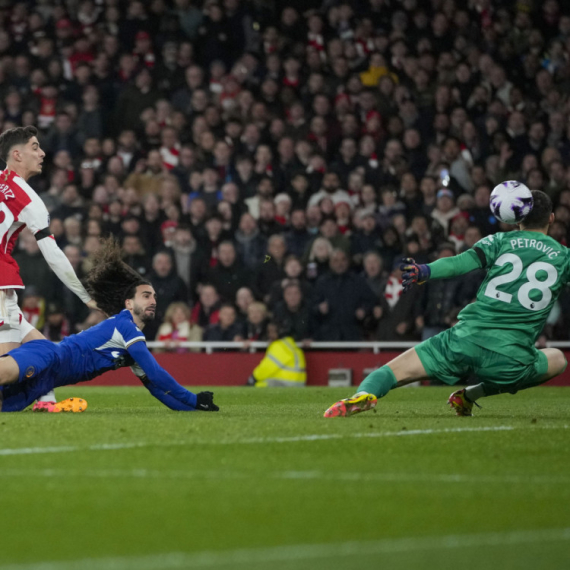
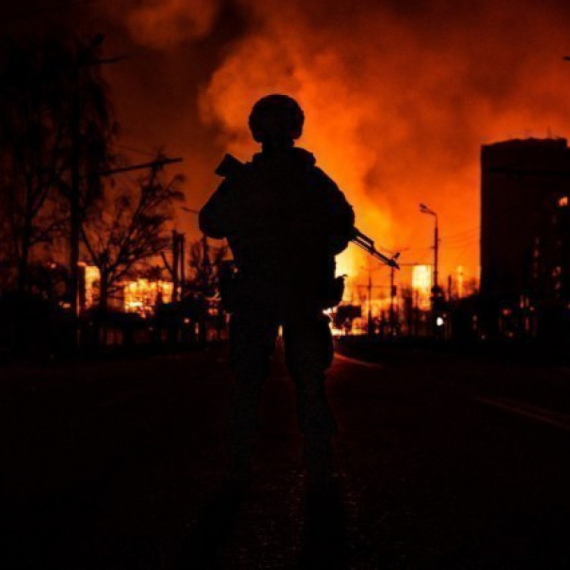
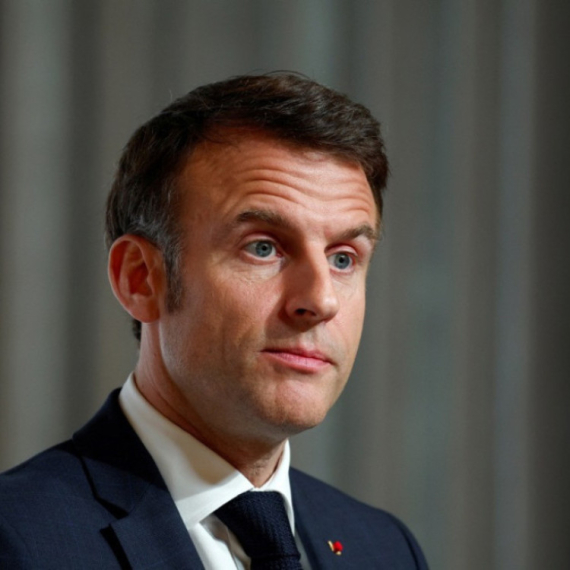

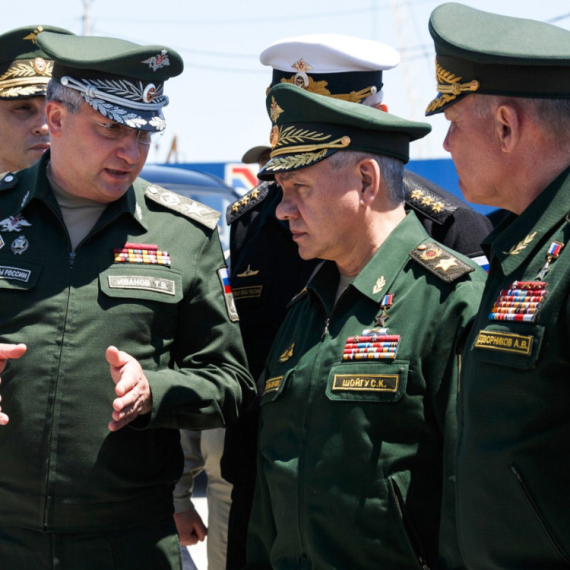
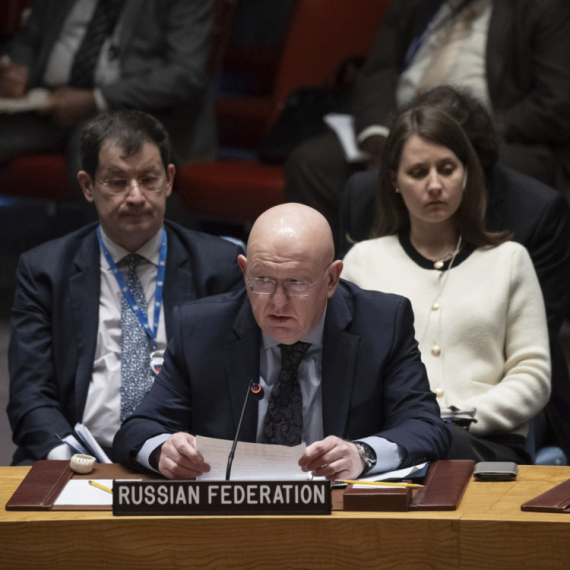


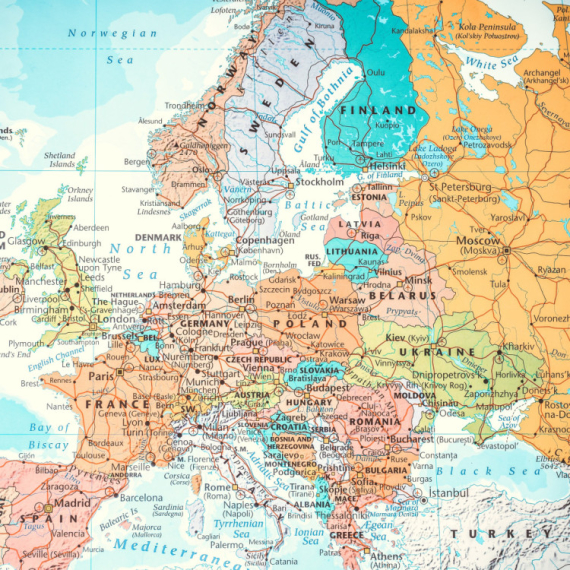























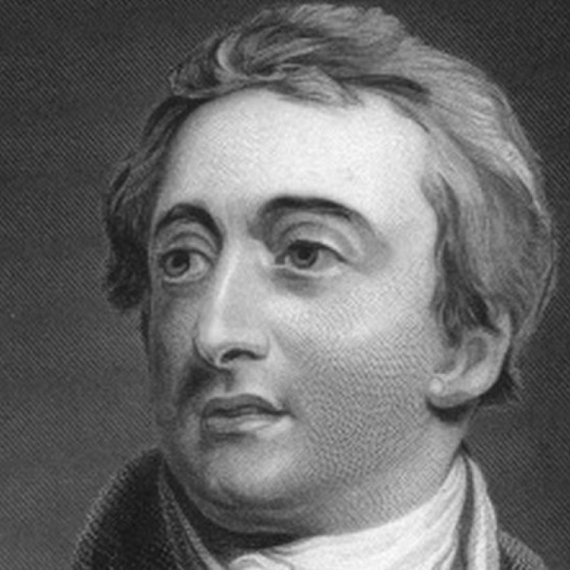
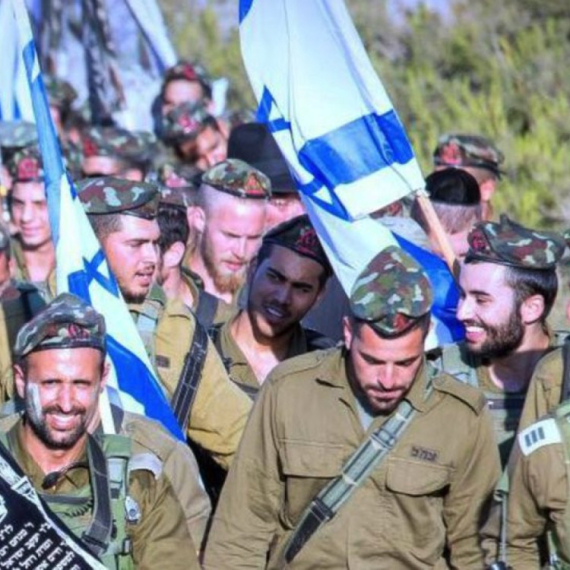




Komentari 10
Pogledaj komentare